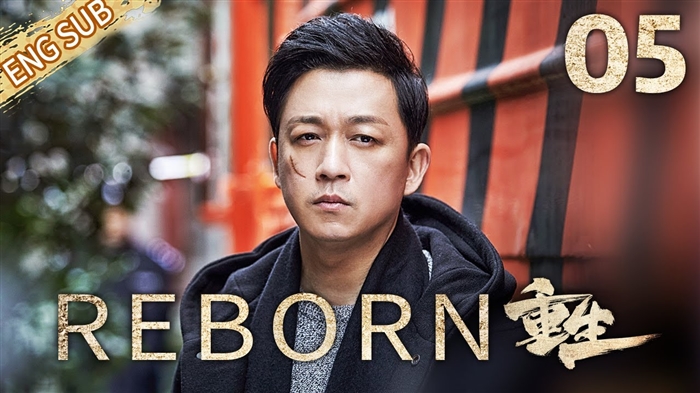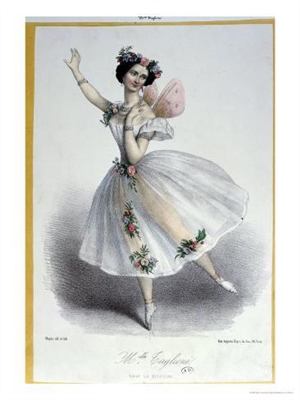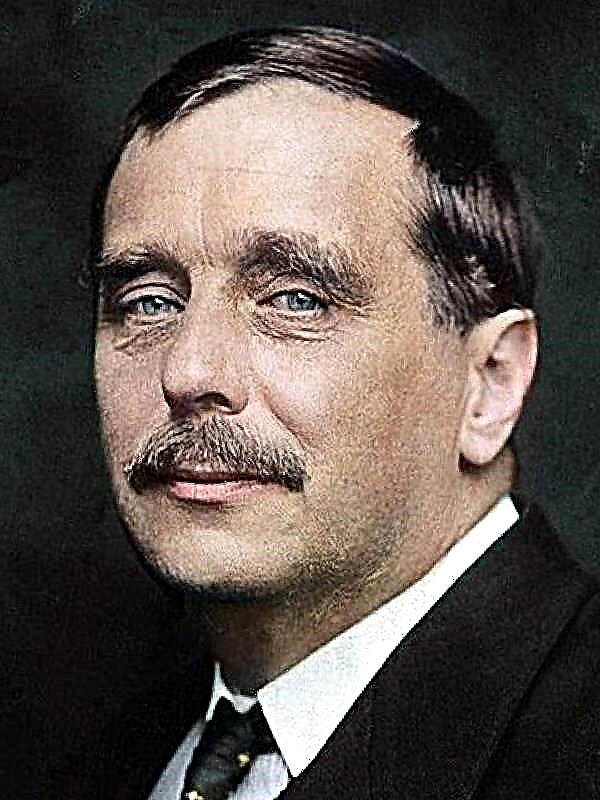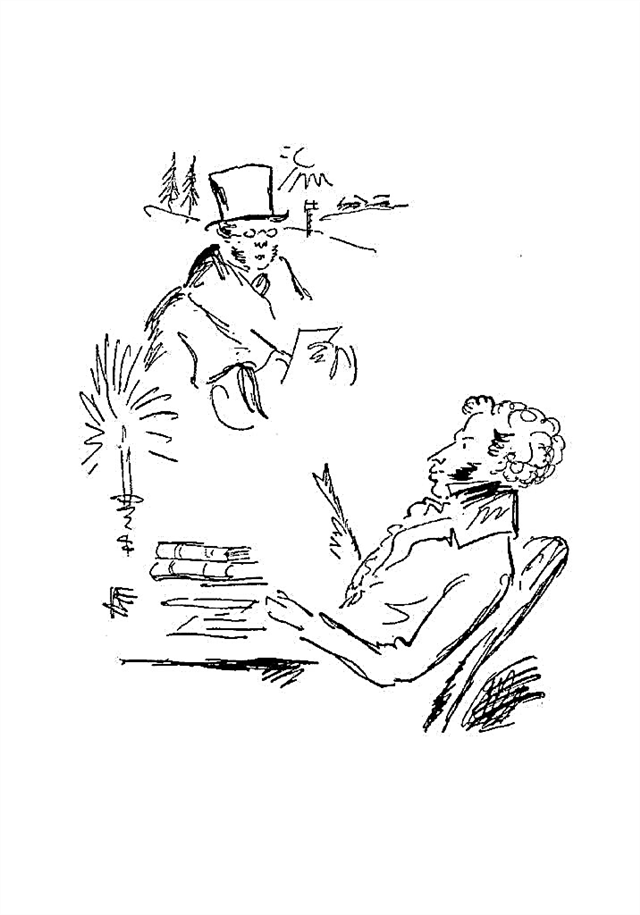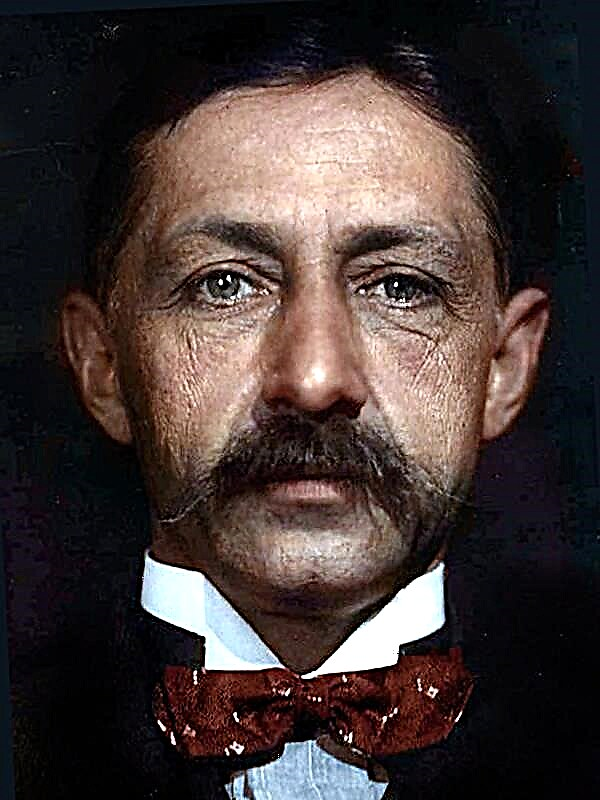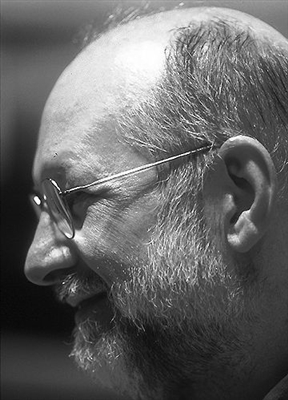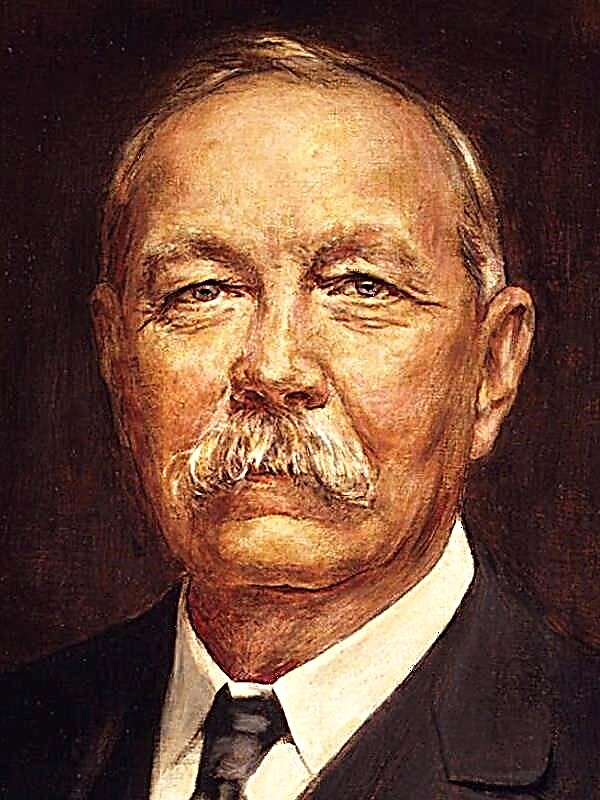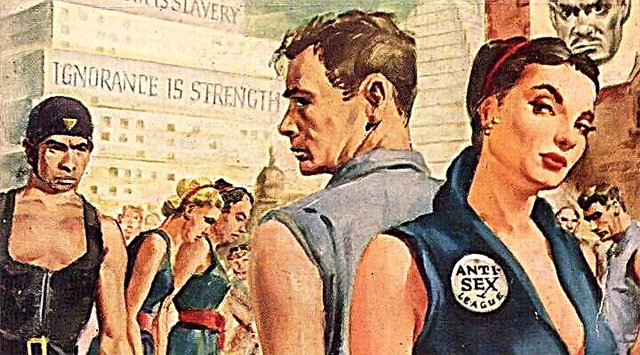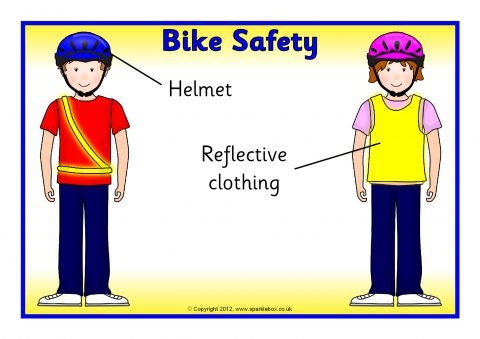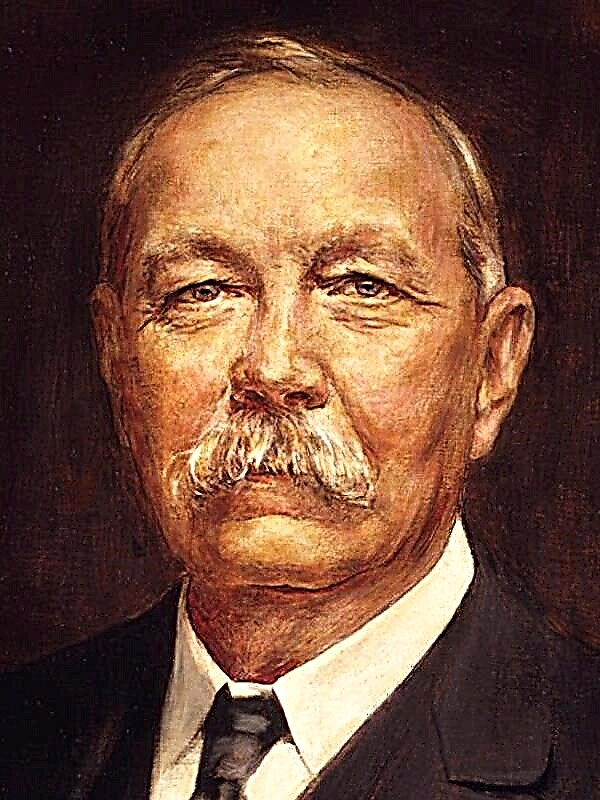In the years 1918-1920, Bunin recorded in the form of diary notes his direct observations and impressions of events in Russia. He called the year 1918 "damned," and from the future he expected something even more terrible.
Bunin writes very ironically about the introduction of a new style. He mentions "the German offensive has begun on us," which everyone welcomes, and describes the incidents that he observed on the streets of Moscow.
A young officer enters the tram car and confusedly says that he "cannot, unfortunately, pay for the ticket."
The critic Derman returns to Moscow - he fled from Simferopol. He says that there is "indescribable horror", the soldiers and workers "walk right down the knee in blood." Some old colonel was fried alive in a locomotive firebox.
“The time has not yet come to understand the Russian revolution impartially, objectively ...” This is heard now every minute. But real impartiality will never exist anyway, and our “partiality” will be very dear to the future historian. Is “passion” only “revolutionary people” important?
In the tram, hell, clouds of soldiers with bags fleeing from Moscow, fearing that they would be sent to defend St. Petersburg from the Germans. The author meets a boy soldier, ragged, skinny and smithereens drunk. The soldier stumbles upon the author, staggering back, spits on him and says: "Despot, son of a bitch!".
On the walls of the houses are pasted posters accusing Trotsky and Lenin of the fact that they were bribed by the Germans. The author asks a friend exactly how many these bastards got. A friend answers with a grin - decently.
The author asks the polishers what will happen next. One of them replies: “But God knows ... It will be so: they let criminals out of prisons, so they control us” and adds that it would be necessary to shoot them from a “filthy gun”, but this was not the case with the king.
The author accidentally hears a telephone conversation in which an order is given to shoot the adjutant and fifteen officers.
Again, some kind of manifestation, banners, posters, singing in hundreds of sips: "Get up, rise, work people!". Voices uterine, primitive. The faces of women are Chuvash, Mordovian, and for men, everything is just a match, criminal, other directly Sakhalin. The Romans stigmatized their convicts. Nothing needs to be put on these faces, and without any stigma everything is visible.
The author recalls the "Lenin article", insignificant and fraudulent - then the international, then the "Russian national upsurge." After hearing Lenin’s speech at the Congress of Soviets, the author calls him “animal”.
All Lubyanka Square glistens in the sun. Liquid mud splashes from under the wheels, soldiers, boys, bargaining for gingerbread, halva, poppy tiles, cigarettes - this is Asia. Soldiers and workers traveling on trucks have triumphant faces. In the kitchen of a friend - a fat-faced soldier. He says that socialism is now impossible, but the bourgeoisie must be cut.
Odessa, April 12, 1919 (according to the old style). Dead, empty port, crap city. Mail has not been working since the summer of 17, since the first time, in a European way, the “Minister of Posts and Telegraphs” appeared. Then the first “Minister of Labor” appeared, and all of Russia quit working. And Satan of Cain’s anger, bloodthirstiness and the most savage arbitrariness died on Russia precisely in those days when fraternity, equality and freedom were proclaimed.
The author often recalls the indignation with which he was allegedly met with black images of the Russian people. People who were fed by the same literature that had dishonored a priest, layman, philistine, official, policeman, landowner, and prosperous peasant for a hundred years — all classes except the horseless “people” and tramps.
Now all the houses are dark.The light burns only in the robber dens, where chandeliers burn, balalaikas are heard, walls hung with black banners with white skulls and inscriptions: “Death to the bourgeois!” Are visible.
The author describes a fiery fighter for revolution: mouth spit, eyes violently looking through a crooked hanging pince-neck, a tie crawled out on a dirty paper collar, a vest is soiled, dandruff is on the shoulders of a curly jacket, greasy liquid hair is disheveled. And this viper is obsessed with “fiery, selfless love for man”, “thirst for beauty, kindness and justice”!
There are two types of people. In one Russia prevails, in the other - Chud. But in both there is a terrible variability of moods and looks. The people themselves say to themselves: "From us, as from a tree, - both a club and an icon." It all depends on who processes this tree: Sergius of Radonezh or Emelka Pugachev.
“From victory to victory - new successes of the valiant Red Army. The shooting of 26 Black Hundreds in Odessa ... "
The author expects that in Odessa begins the wild robbery, which is already underway in Kiev, - the "collection" of clothes and shoes. Even in the afternoon in the city is creepy. Everyone is sitting at home. The city feels conquered by someone who seems to the inhabitants worse than the Pechenegs. And the conqueror trades from trays, spits seeds, “obscures”.
On Deribasovskaya either a huge crowd is moving, accompanying the red coffin of some rogue who masquerades as a “fallen fighter,” or the pea-jackets of harmonians playing, dancing and screaming sailors turn black: “Oh, bullshit, where are you riding!”.
The city becomes “red”, and the crowd filling the streets immediately changes. On new faces there is no routine, simplicity. All of them are sharply repulsive, frightening with evil stupidity, a gloomy and lackey challenge to everything and everyone.
The author recalls the Field of Mars, where they performed, as a kind of sacrifice of the revolution, a comedy of the funeral of "heroes who fell for freedom." According to the author, this was a mockery of the dead, who were deprived of an honest Christian burial, boarded up in red coffins and unnaturally buried in the very center of the city of the living.
The quotation from Izvestia astonishes the author in his own language: “The peasants say, give us a commune, just to save us from the Cadets ...”
Signature under the banner: "Do not cry, Denikin, on a foreign land!".
In the Odessa "emergency" a new manner of shooting - over the closet cup.
"Warning" in the newspapers: "Due to the complete depletion of fuel, there will be no electricity soon." In one month everything was processed - factories, railways, trams. There is no water, no bread, no clothes - nothing!
Late in the evening, together with the "commissar" of the house, the author is to measure in length, width and height all the rooms "for compaction by the proletariat."
Why a commissioner, why a tribunal, and not just a court? Because only under the protection of such sacred revolutionary words can one so boldly step on the knee in the blood.
The main feature of the Red Army is licentiousness. In the teeth of a cigarette, his eyes are muddy, arrogant, a cap on the back of his head, a “head of hair” falls on his forehead. Dressed in the team torn. Sentries are sitting at the entrances of requisitioned houses, lounging in armchairs. Sometimes it sits just barefoot, a Browning belt, a German cleaver hanging from one side, and a dagger from the other.
Calls in a purely Russian spirit: "Go ahead, dear, do not count the corpses!".
In Odessa, another fifteen people are shot and the list is published. “Two trains with gifts to the defenders of St. Petersburg” were sent from Odessa, that is, with food, and Odessa itself was starving to death.
Here the Odessa notes of the author break off. He continues to bury it in the ground so well that before fleeing from Odessa, at the end of January 1920, he cannot find them.

